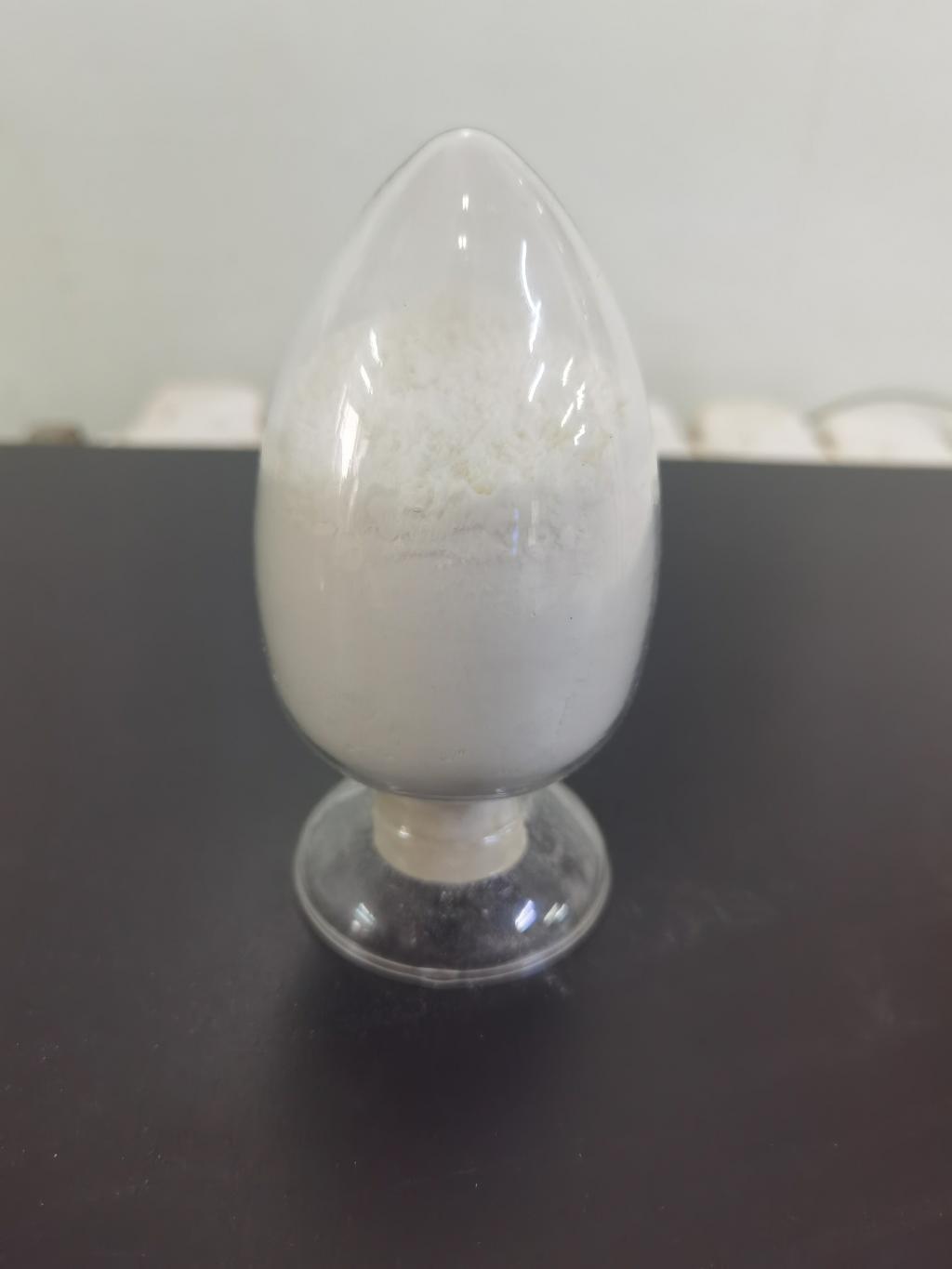Tel:+8618231198596

News
 CONTACT
CONTACT
 CONTACT
CONTACT
- Linkman:Linda Yao
- Tel: +8618231198596
- Email:linda.yao@dcpharma.cn
- Linkman:CHARLES.WANG
- Department:Overseas
- Tel: 0086 0311-85537378 0086 0311-85539701
News
Consumer demand for natural preservatives like ε-Polylysine hydrochloride in clean-label products
TIME:2024-08-27
Understanding ε-Polylysine Hydrochloride
ε-Polylysine hydrochloride is a natural antimicrobial peptide derived from fermentation by certain strains of bacteria, primarily Streptomyces albulus. It is generally recognized as safe (GRAS) by regulatory agencies and is used as a food preservative due to its broad-spectrum antimicrobial activity, particularly against gram-positive bacteria such as Listeria monocytogenes and Staphylococcus aureus.
Consumer Preferences for Clean-Label Products
Consumers today are more health-conscious and informed about the ingredients in their food. They prefer products with simple, recognizable, and natural ingredients, which has driven the clean-label movement. Key drivers behind this preference include:
Health Concerns: Consumers are increasingly aware of the potential health risks associated with synthetic preservatives and additives.
Transparency: There is a growing desire for transparency in food labeling, with many consumers looking for products that clearly list all ingredients.
Sustainability: The environmental impact of food production is also a concern, and natural preservatives are often seen as more sustainable options.
ε-Polylysine Hydrochloride in Clean-Label Products
ε-Polylysine hydrochloride is well-suited for clean-label products due to its natural origin and effectiveness as a preservative. Its application in various food categories includes:
Meat and Poultry Products: ε-PL is used to extend the shelf life of meats and poultry by inhibiting the growth of pathogens and spoilage microorganisms.
Seafood: It helps to prevent spoilage and reduce the risk of foodborne illnesses in seafood products.
Ready-to-Eat Meals: ε-PL is added to ready-to-eat meals to ensure safety and maintain freshness.
Dairy Products: It can be used in cheeses and other dairy products to prevent spoilage and extend shelf life.
Benefits of ε-Polylysine Hydrochloride
Safety and Efficacy: ε-PL is effective against a wide range of pathogens and is considered safe for consumption.
Natural Origin: As a natural preservative, it appeals to consumers seeking cleaner, more natural food options.
Broad-Spectrum Activity: Its broad-spectrum antimicrobial activity makes it suitable for a variety of food products.
Clean Label: ε-PL contributes to a cleaner label, which resonates with consumers' preferences.
Challenges and Opportunities
While the demand for ε-Polylysine hydrochloride is growing, there are challenges that need to be addressed:
Production Costs: The production of ε-PL can be more expensive compared to synthetic preservatives, but advances in fermentation technology may help to reduce costs.
Consumer Education: Educating consumers about the benefits of ε-PL and its role in food safety is crucial for wider acceptance.
Regulatory Approval: Ensuring regulatory approval and compliance across different regions can be complex but necessary for market expansion.
Conclusion
The demand for natural preservatives like ε-Polylysine hydrochloride in clean-label products reflects a broader shift towards healthier, more transparent, and sustainable food choices. As the food industry continues to innovate and adapt to consumer preferences, ε-PL is poised to play an increasingly important role in meeting these demands while ensuring food safety and quality.
- Tel:+8618231198596
- Whatsapp:18231198596
- Chat With Skype







